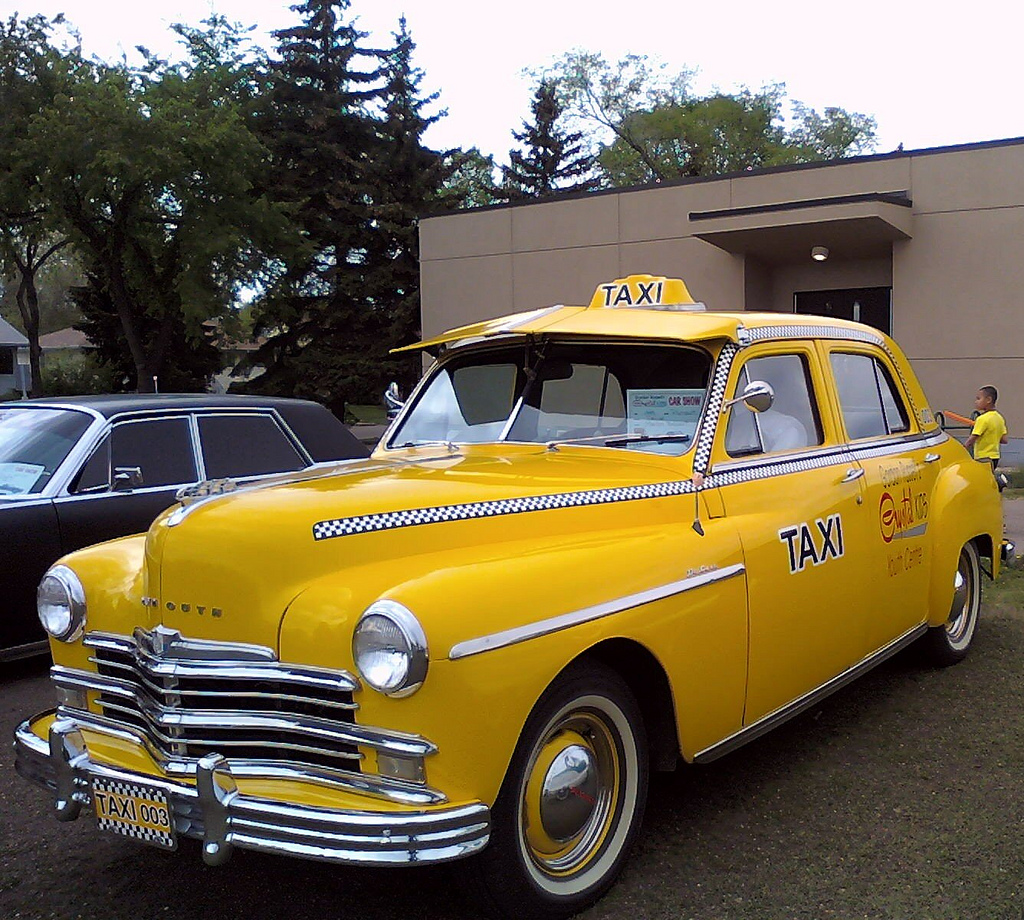Would you like to drive a car all day around a congested city, hauling people to and from work, school, the theater, restaurants and tourist traps? Apparently, taxi drivers are split on the issue. On the one hand, they meet lots of interesting people and get to be out and about in the city all day or all night long. But on the other hand, they work for low wages, with most of the fares going to their bosses back at the taxi yard, and they face one of the worst crime risks of all professions. Job satisfaction among taxi drivers is a multi-faceted issue, with many factors coming into play.

Inherent Risks and High Stress Rates
Charles Vidich, author of “The New York Cab Driver and His Fare,” makes no bones about it, saying taxi drivers have few skills they can rely on as alternatives and are therefore left with no choice but to endure the long hours, low payout and low satisfaction that is inherent in the taxi driving industry. He goes on to say there is little sense of self-purpose beyond the need to survive, and that there is little money to be earned in this job. There seem to be some stats to back this up. CareerCast named taxi driver as one of its top 10 worst jobs of 2011, citing a high-stress work environment and low hiring outlook. It’s also pretty scary to be a taxi driver. In speaking with “Forbes” magazine, Tony Lee, CareerCast’s publisher, says that taxi drivers are the most likely to be victims of a criminal act. When they pick up a passenger, they have no idea what that person is like, what their agenda is, and what they may do. As such, taxi drivers are at a high risk of getting shot, robbed or killed.
On top of that, taxi drivers don’t make much take-home pay, making it hard to experience high job satisfaction. The median pay for a taxi driver in 2010 was $22,440 per year, which boils down to $10.79 per hour, according to the Bureau of Labor Statistics. To become a taxi driver, you don’t need a high school education — basically all that is needed is a drivers’ license, clean driving record and background check, and possibly a taxi or limousine license, depending on the state you live in.
It’s Not All Bad
In fact, the Bureau of Labor Statistics actually projects the employment of taxi drivers and chauffeurs to grow 20 percent from 2010 to 2020, fueled by an increase in public transport systems. Job prospects for taxi drivers and chauffeurs is considered excellent, continues the BLS, stating that this occupation features low barriers to entry and high turnover. Taxi drivers can enjoy flexible schedules and the opportunity to meet a broad segment of the population. Interaction with the public, while risky in one sense, is one area that many drivers say they find positive. Other perks that come with this job include independent, largely unsupervised work, ability to choose part time or full time schedules, and the ability to work odd hours to accommodate personal schedules.
Overall, job satisfaction among taxi drivers seems to be largely a personal one, yet its continual presence on “worst job” lists tends to put this industry in the low job satisfaction category.
Byline
Hank Oleander is a freelance writer who takes a keen interest in transportation, taxi cabs, trains, rental cars, airplanes, shipping and other related areas. Those preparing to procure a rental car vehicle in the near future should contemplate Protectyourbubble.com for adequate insurance.
Image credit goes to blondygirl.








